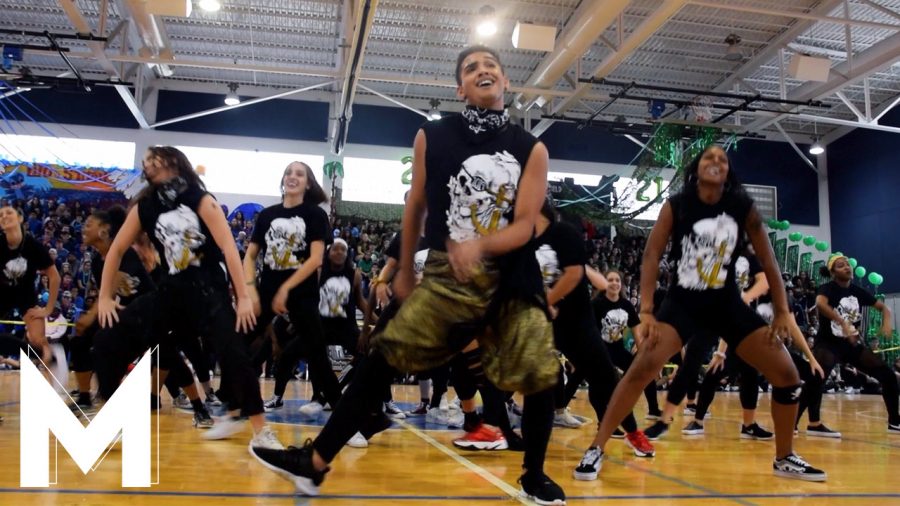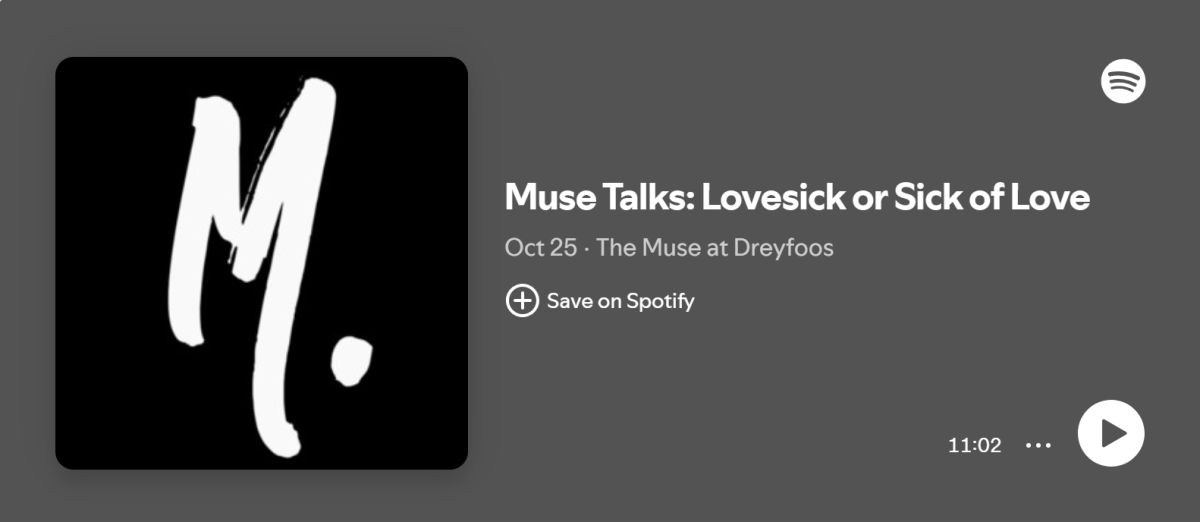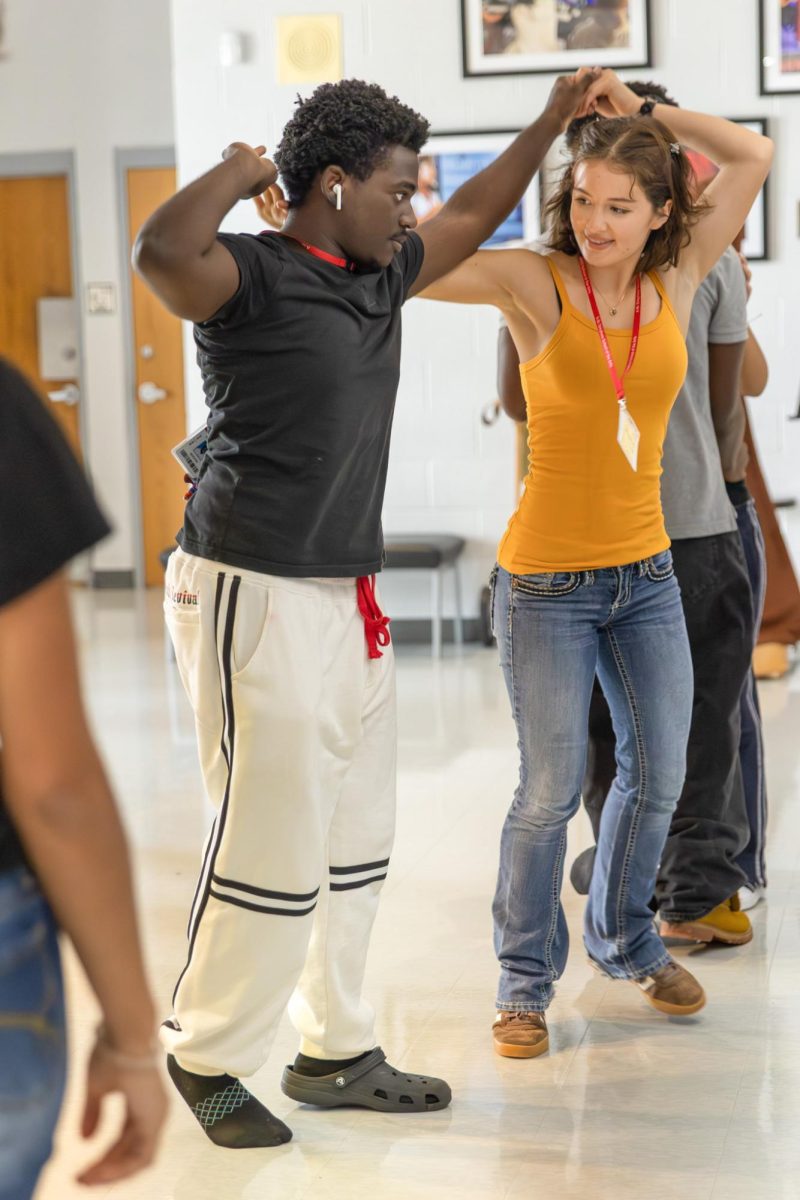“Unbreakable Kimmy Schmidt” Season Two Review
Official promotional image released by Netflix.
Official poster for season two of the Netflix original series “Unbreakable Kimmy Schmidt” which was released on April 15.
The Netflix original series “Unbreakable Kimmy Schmidt” has been a huge success from the start. The story takes place in New York City, and follows the unwittingly optimistic Kimmy Schmidt as she attempts to live her life after being kidnapped by deranged cult-leader Reverend Richard Wayne Gary Wayne. Kimmy spends the series in a constant struggle between trying to forget the time that she spent in captivity, and confronting her problems in an open way. This plot would usually make for a horror or thriller series, but despite the dark themes and tropes in the show, the genre is primarily comedic.
“Unbreakable Kimmy Schmidt” gained a cult following of its own after the release of season one on March 6, 2015 through Netflix, the company which also produced the series. Through the show’s undeniable charm, thanks to perks such as dedicated actors and writers, a pleasant and upbeat instrumental soundtrack, and intensely diverse, comedic characters with intricate backstories, the show is brought to life. The demand from fans for a second season was heard, and delivered slightly over a year later on April 15.
Season two follows a very similar theme for Kimmy’s character. Her main objective is simply to return to life as she had before being kidnapped, and she even seeks out the help of therapist Andrea, who is played by none other than Tina Fey herself. Despite Kimmy being the series’ protagonist, the season did not focus solely on her, or even predominantly on her. Kimmy was pushed aside to make room for the supporting roles of her roommate Titus Andromedon and her former boss Jacqueline White. Titus plays a wonderfully light-hearted role, and provides many of the show’s iconic one liners. The season follows him and his new boyfriend Mike as they navigate difficulties such as coming out to Mike’s traditional Italian family and sillier ones such as improving Mike’s otherwise drab style. This makes for an extremely pleasant subplot, as the characters rarely partake in conflict with one another. Also, considering how bitter Titus’ character was in season one, it was nice to see that development in his personality while still keeping his witty and sarcastic humor.
Jacqueline’s character is almost completely separate from the others throughout most of the season. Her main purpose has shifted from the white-passing, secretly Native American wife of a New York City millionaire to a proud Lakota tribe member and advocate for the rights of indigenous people. Her character has always been a personal favorite of mine, and her growth in this season both comically and characteristically was great to see. This season showed a lot of development in its personas, and continued to remain interesting despite certain recurrent aspects.
This season would have been near perfection if it weren’t for a few things. Although each episode was unique and hilarious like the previous season, this time around, it lacked a viable and consistent plot throughout, making the episodes seem scattered and confusing. There were also many new characters introduced whose roles seemed unnecessary and irrelevant to the show. For example, near the end of the season, Kimmy meets a former soldier named Keith with whom she spends most of the episode with, talking about each other’s traumatic experiences. However, despite how close he and Kimmy had gotten in this short amount of time, the character is dismissed after the two of them get into a small argument. Also, while Ms. Fey’s portrayal of Andrea was often funny, she provides little to the progression of the story and just distracts from Kimmy’s scenes.
Another instance that was bothersome was the portrayal of racial and homosexual stereotypes. In the show, Jacqueline is technically a Native American passing for a white woman, but the character is portrayed by a Caucasian actress with no native ancestry. Although she is thankfully not seen in brown face, she is also often speaking her native language, partaking in and defending the culture, and even mocking Caucasians who appropriate Native American traditions. There is also a large reliance on racial humor from more minor characters like Dong Nguyen, Kimmy’s Vietnamese love interest, who is portrayed as a clueless, illegal immigrant who originally enters the show as Kimmy’s math tutor. Titus, although he is a central character in the show, often perpetuates certain hurtful stereotypes such as that gay men are inherently self centered, sassy, overly emotional, and only serve entertainment in the role of a supporting character to a straight protagonist. Luckily, in this season, Titus’ character matured and took a key role in his own story, but overall the writers definitely have enough material from the setting and circumstances alone to not rely on stereotypes that are simply over-done and unoriginal.
Though the season had its fair share of rough patches, “Unbreakable Kimmy Schmidt” still remains one of the funniest shows on Netflix. I truly hope that the writers will have enough common sense to see that the inventive style and hilarious nature of the characters and stories is enough to produce good comedy.
Your donation will support the student journalists of Dreyfoos School of the Arts. Your contribution will allow us to purchase equipment and cover our annual website hosting costs.























































